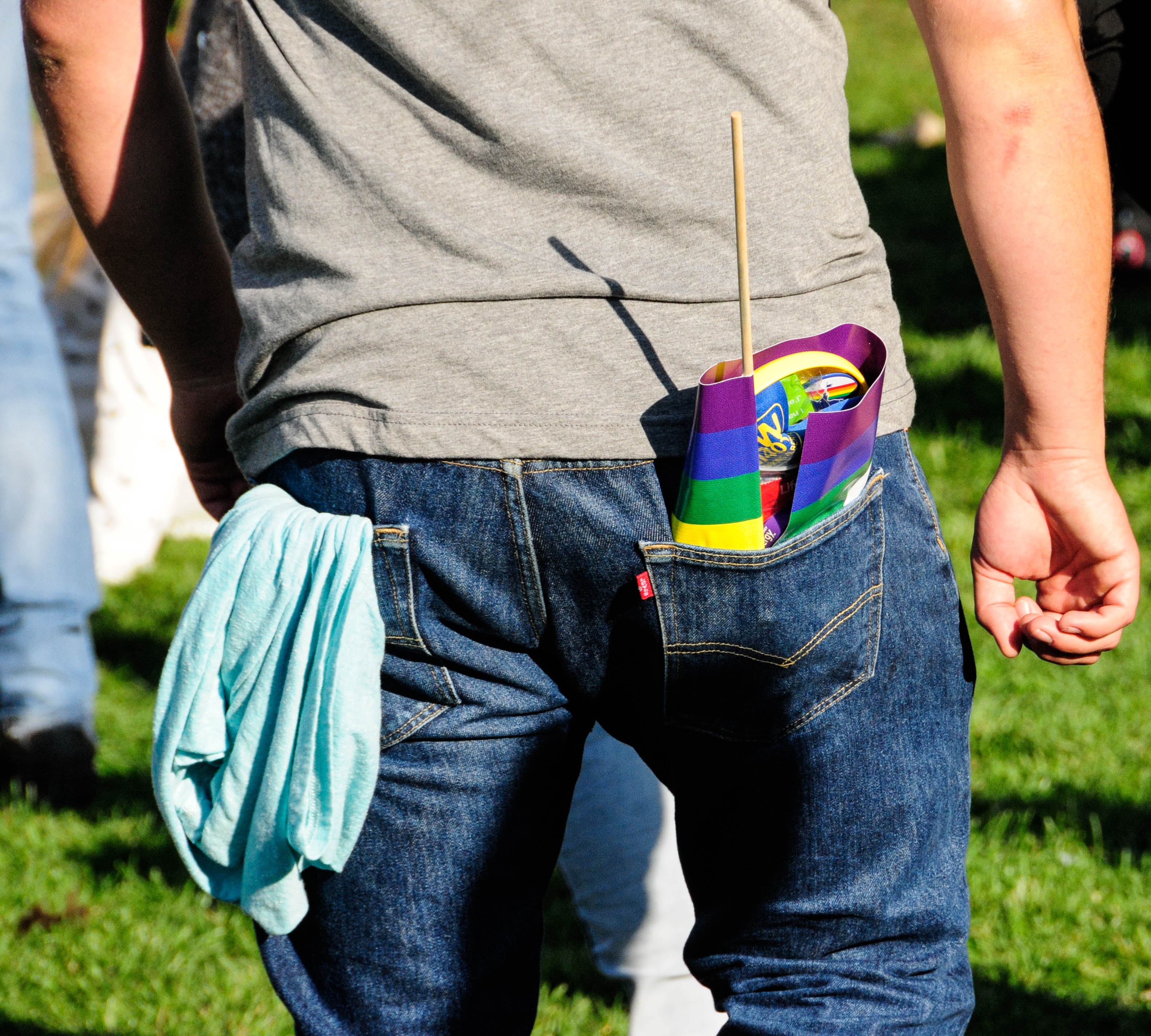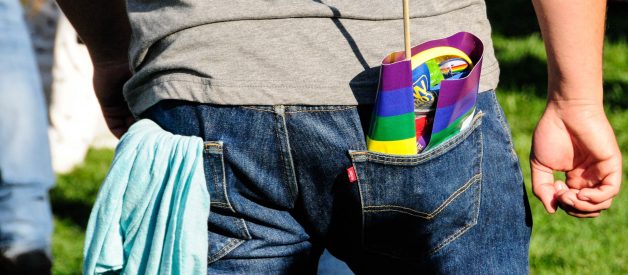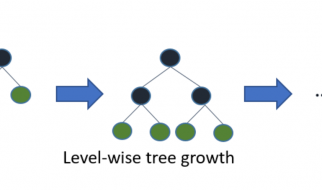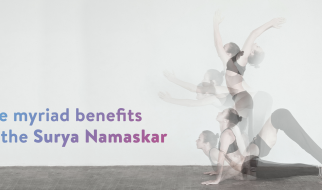 by Toni Reed on Unsplash
by Toni Reed on Unsplash
?So, Mr. Beach. Is there a special lady out there for ya?? asked one of my community college students. I?d given them time to make progress on a paper when this student spoke up.
I took a second to consider my answer since I?d begun the process of coming out about a year before this. My answer could represent a brave moment in one direction or a perpetuation of the last 15 years of my life, where I had fought against my homosexuality.
?No, but there is a special guy.?
?Wha??? he asked. The rest of the students stopped typing on their computers lining the edge of the classroom, and most turned around.
A couple beats passed. A few students smiled. A few dropped their jaws.
?But you?re, like, the most masculine guy I know!? he said.
?Yeah, I get that sometimes. We?ve been dating for about 9 months.?
A different student asked if my boyfriend was a teacher also.
?Nope. He?s a pastor.?
The shocked, ?What?!!!? came from multiple students, and others audibly gasped.
I smiled ear-to-ear and chuckled to myself. This wasn?t the first time I?d heard something along the line of ?I had no idea.? Me passing for straight happens often because I?m a more masculine-presenting gay man. So, I don?t fit the stereotype of a more effeminate gay man, with more feminine personality traits or mannerisms. What some people guess when they see me is that I?m just some middle-aged guy, complete with a dad bod.
The descriptor ?masculine-presenting? could seem like it describes intentional choices I make about how I up/downplay my mannerisms (even though the phrase is often used in academic circles to describe someone with more masculine characteristics). For a while, this interpretation of the term could be accurate. For 15 years I fought against my orientation because of my more fundamentalist religious beliefs. Part of this fight was being hyper-aware of how I came across because I was afraid of my orientation and had chosen to fight it.
I was afraid to be rejected, so I would watch my words, my mannerisms, and my interests. I?d be talking to a coworker about the last person I dated when they might ask, ?Person? Was it a guy or a girl??
?Oh, it was a girl,? I responded quickly. Then, contemplatively, ?You know, I never thought about how ?person? could be interpreted.? I?d then make a mental note to never use that vague term of ?person? anymore when describing whom I dated.
?Masculine-presenting? is more a descriptor of the ways many men or women appear. There are surely some instances where either gender can choose to present more masculine or feminine, but, in many cases, the phrase is less a descriptor of choice and more a descriptor of how they naturally come across.
After I changed my mind and embraced my orientation, I wondered if my presentation should change. Having been convinced by Sren Kierkegaard?s idea to be my most genuine self, I decided to no longer be worried about how I came across. My personality and mannerisms didn?t change drastically, though I was no longer afraid to enjoy Lady Gaga or start learning more about LGBTQ+ history. I was happy to learn about the diversity of the rainbow and realize that there is such a thing as a naturally masculine gay man.
Many more conversations like the one I had with my students occurred where people were shocked that I was gay. I always enjoyed the reactions and the opportunity to challenge gay stereotypes. To do what I can in terms of representation, I now wear a Pride rainbow pin in the WASP-y suburb where I work.
I realize that passing for straight has spared me so much of the actual persecution, rejection, and bullying that those who can?t weren?t. I sometimes feel guilty for not having been through this gauntlet, as if suffering for your orientation makes you more of a legit LGBTQ+ person than the one who hasn?t as much. If I had come out during high school or college 20 years ago, I?m sure I would have had a much different story (including not being able to attend the funda-gelical Christian college that I did).
Queer people have their own timetable for when it?s safe and appropriate to come out. So second-guessing my timing isn?t very helpful or healthy. But pausing to consider the ups and downs of being a more masculine gay man is.
Being able to pass for a straight man is another layer of privilege that I have to acknowledge (along with being white and cis-gendered). The level of LGBTQ+ rights and freedoms today were hard-fought by all those who came before me. Their suffering is what made it easier for me to come out when I did a few years back.
Maybe I ended up being more masculine because of those many years of fighting against my orientation or because of some past, internalized homophobia. Maybe I?m more masculine because that?s just who I am: my personality, my body language, the way I was raised as a corn-fed Midwesterner in Ohio. Being able to determine the Why might not affect who I am presently. Obsessing over the Why could lead me to try changing my personality to better fit some faulty standard of what a gay person ?should? be like.
Me taking on more feminine or stereotypical gay personality traits, if I?m genuinely a more masculine gay man, could be equivalent to a more feminine-presenting gay man taking on more masculine characteristics to pass as straight. In both instances, neither of us would be fully embracing who we genuinely are. Both of us would also be holding up stereotypes as the standard way to present instead of becoming more comfortable with the more masculine, feminine, fluid, or non-binary gender characteristics that each of us has.
I?ve begun to let go of the idea that I need to be more catty, more into ?RuPaul?s Drag Race,? or more of whatever other stereotypical characteristics people associate with gay men. I?ve begun to better understand how much of a spectrum exists when it comes to gender expression, and that wherever queer people exist in that spectrum should be wherever they can be their most genuine selves.
And if writing this post about being a masculine gay man was aided by the entirety of Lady Gaga?s discography, so be it.


